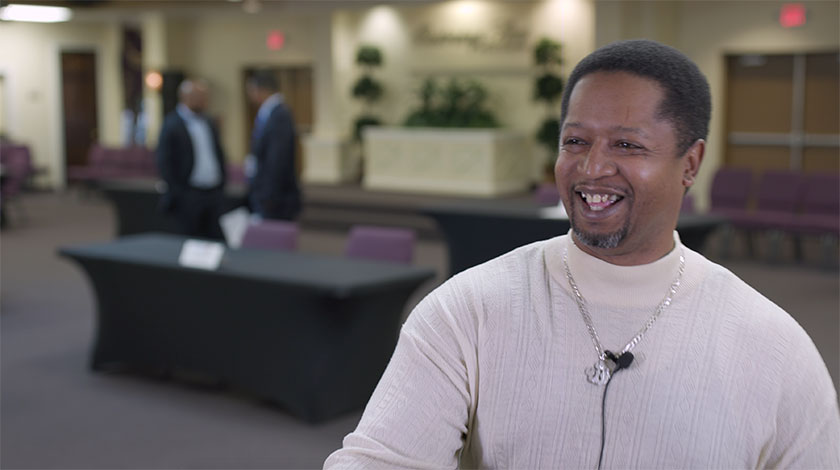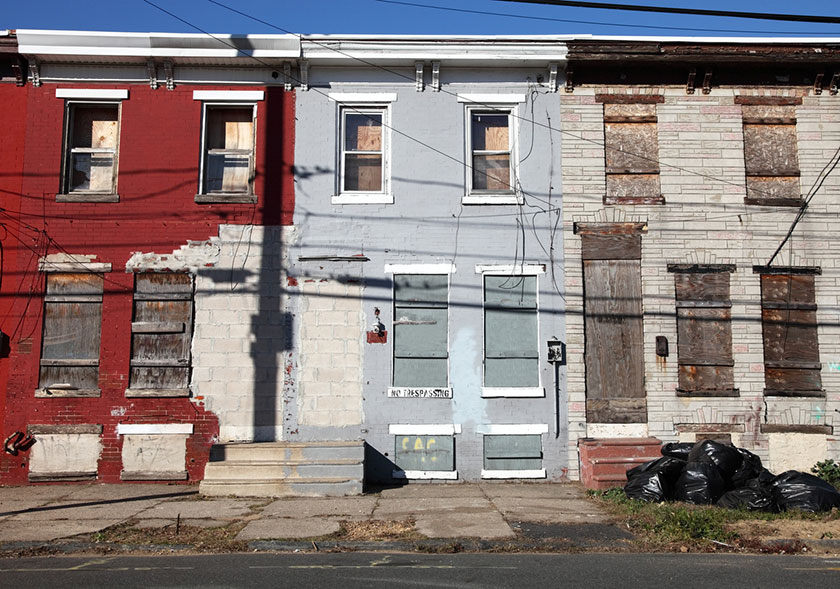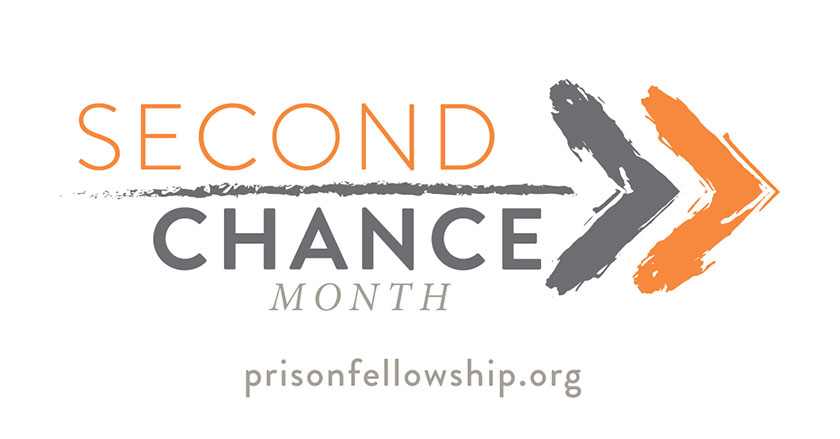
Reentry can be difficult, but Joseff isn't giving up just yet.

Reentry can be difficult, but Joseff isn't giving up just yet.

Every year, hundreds of thousands of prisoners are released and return to society, and they need a second chance. The Church should be a place where they can easily find support and encouragement.

How do you find a job when you have a criminal record?

Does prison really ensure justice and maintain public safety? What is the relationship between incarceration and the economy in America?

Your incarcerated loved one is getting out of prison. This is what you've been waiting for. This is why you've run for second chances, signed petitions, and shared your family's story.
So how do you prepare for your loved one's reentry?

For many returning citizens, punishment does not end when they leave prison. Finding work becomes a daunting task and often an insurmountable barrier. Yet according to criminologists, work can be the critical difference between restoration and recidivism.

Welcome to Second Chance Month! Prison Fellowship® and our diverse group of partner organizations are raising awareness this month of the hardships former prisoners face upon their return to society. Will you join us?
SECOND CHANCE MONTH: A NATIONAL MOVEMENTCasey Irwin is interviewed about her experiences with collateral consequences.

A single question on a job application can disrupt a returning citizen's future: Have you ever been convicted of a felony?

Zane Tankel knows what it means to have a second chance.
The now-75 year old remembers growing up in a tough neighborhood in Patterson, New Jersey. A self-described “tough guy,” Tankel regularly skipped school, learning to fight, steal, and intimidate. “I went away for a little while as a kid,” he admits.

A new initiative in Iowa is encouraging employers to consider hiring men and women with criminal records, highlighting the positive impact such hires can have for businesses and for their communities.
The United States Attorney’s Office will be presenting a series of three workshops across northern Iowa to help assist former prisoners to find and keep employment.
In 2000, Dana Bowerman was arrested for her role in a methamphetamine ring in Texas. She was sentenced to 19 years and seven months in prison—a sentence even the judge overseeing the case admitted was very harsh.
“I needed time to get my head straight,” Bowerman admits, reflecting on a life that had gone from being an honor roll student to a 15-year addiction to methamphetamine at the time of her arrest.
A San Francisco apparel company is seeking to provide women who have spent time behind bars an opportunity to begin new careers in the fashion industry.
Named after the road leading out of the Central California Women's Correctional Facility in Chowchilla, Road Twenty-Two designs and manufactures high-end shirts for men and women.
The community reentry team connected Albert with Paving the Way, one of Prison Fellowship's reentry partners that helps former prisoners in their search for employment.
Use this practical tool to help ex-prisoners become responsible employees.
Nationwide, as many as 60 percent of ex-prisoners are unemployed one year after their release from prison. This signals pending disaster — not only for the ex-prisoners and their families, but also for the broader community.
Restoration Partners give monthly to bring life-changing prison ministry programs to incarcerated men and women across the country.
JOIN NOW